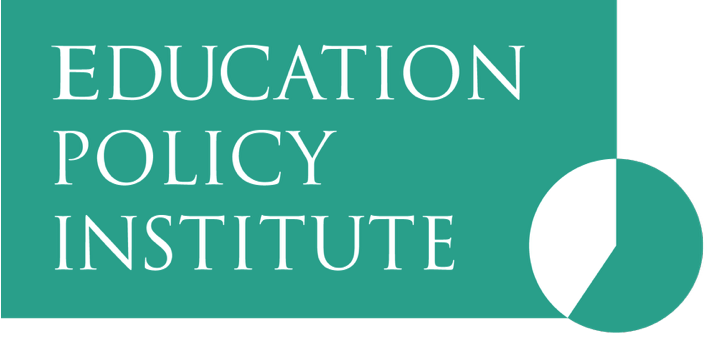EPI’s report into education recovery, in partnership with Renaissance, shows that the pandemic is still having an adverse effect on pupils’ learning. This new analysis uses Renaissance’s Star Reading and Star Maths Assessments to create the largest sample size of its kind available in the country. It finds that primary aged pupils’ outcomes in maths remain well below pre-pandemic norms, whilst outcomes in reading have largely been recovered.
The report reveals that outcomes for primary aged pupils in maths amounted to just under 1.5 months’ worth of learning loss by the end of the most recent autumn term. Whilst outcomes for younger year groups were found to be even further behind pre-pandemic norms, this is perhaps unsurprising given their time in education has so far been defined by the disruption of the pandemic.
More positively, average outcomes in reading have largely been recovered in primary schools, this is consistent with results from national assessments last summer.
The report also builds on existing EPI research that has highlighted the pandemic to have not impacted all pupils equally. The gap in reading outcomes between primaries with the highest levels of socioeconomic disadvantage and those with the lowest is still around 6 per cent wider than at the start of the pandemic. This suggests that pupils in disadvantaged areas have suffered bigger adverse learning effects than those in more affluent areas.

